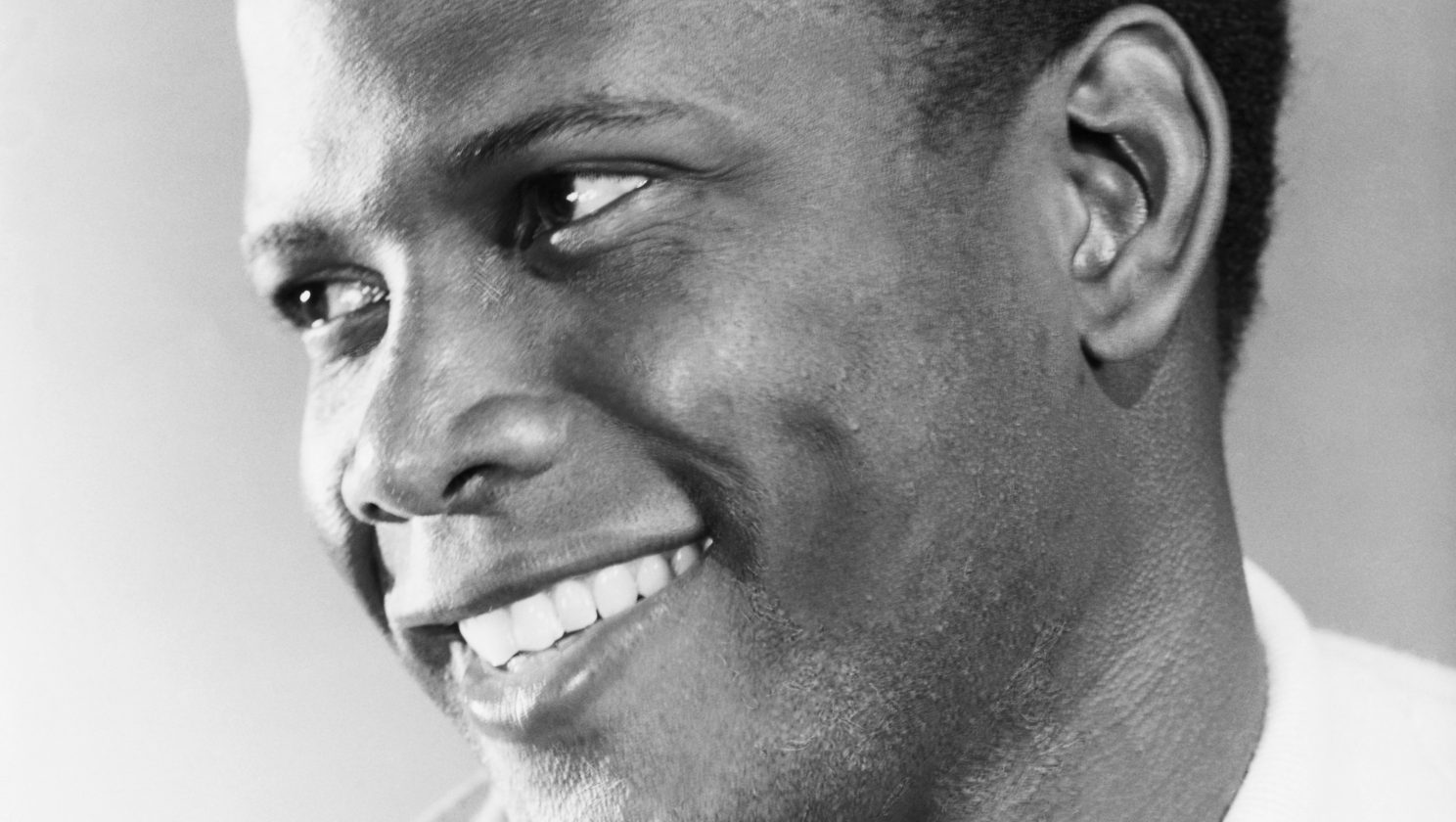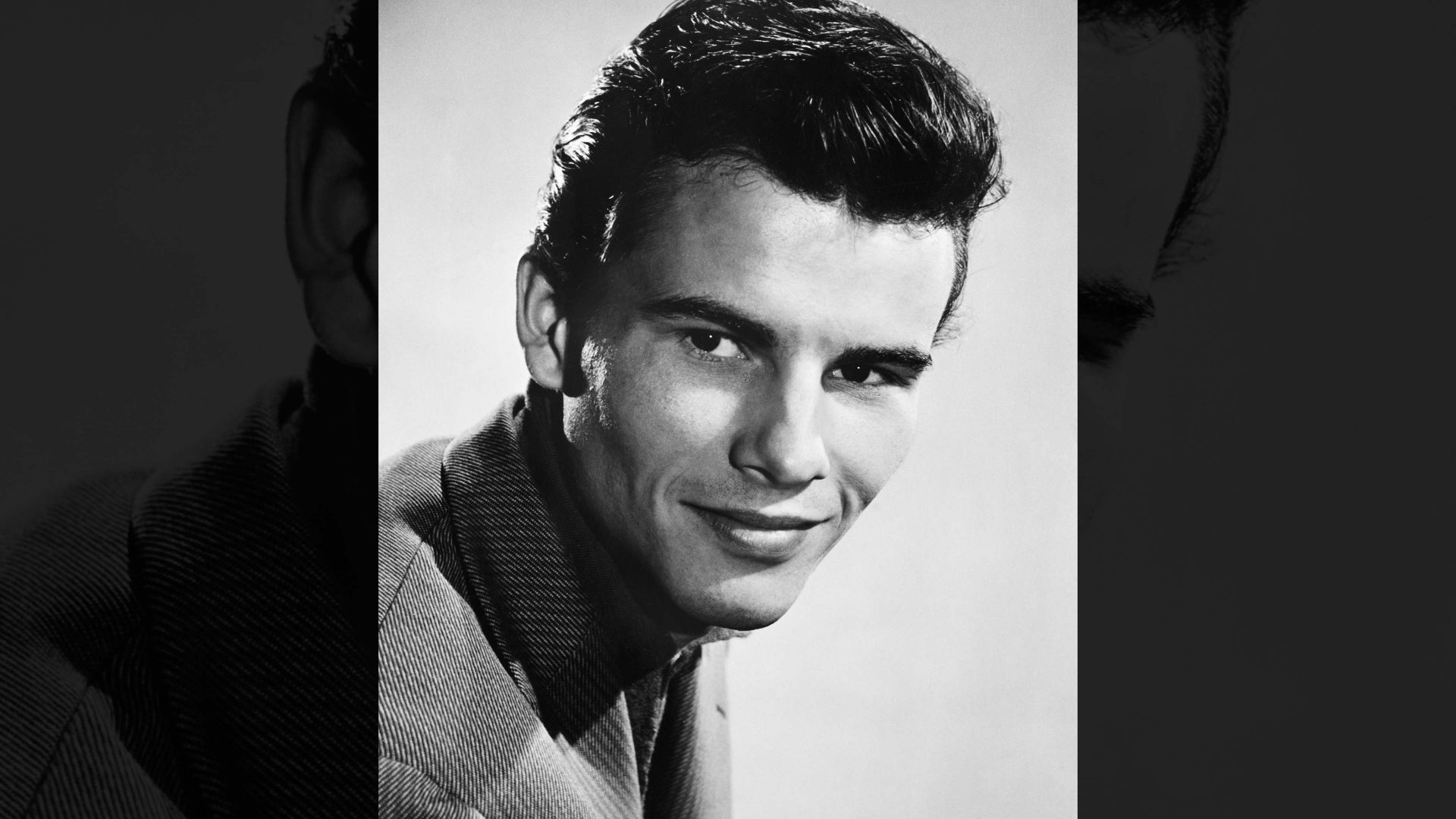Something remarkable has happened in the world of sport. Not so long ago, Novak Djokovic actually lost a tennis match, a very rare occurrence. He was beaten by a young Italian called Jannik Sinner.
This is noteworthy for those of us who are interested not just in tennis but in languages as well. Surely Sinner is not an Italian-language name? Don’t Italian tennis players have names like Berrettini, Pellegrino and Seppi rather than Sinner?
Sinner is clearly not an Italian but a German-language surname. (It is pronounced “zinner”.) The tennis player himself is a native German speaker who was born in a place in northern Italy called Innichen – which is also obviously not Italian, although the place does also have an Italian-language name, San Candido.
Innichen is situated in the area of Italy known as the Alto Adige in Italian, Südtirol in German, and South Tyrol in English.
This region was part of Austria (the Austro-Hungarian Empire) until 1918, when it was ceded to Italy following the victory of the Italian forces over the armies of Austria-Hungary at the end of the first world war, after very heavy fighting, much of it at very high Alpine altitudes in appalling conditions.
The Treaty of Saint-Germain-en-Laye, drawn up between Austria, on the one side, and on the other, the Allies – the British Empire, France, and Russia, with the USA and Italy joining in later – was signed in Saint-Germain-en-Laye, near Paris, in September 1919 and came into force in July 1920. The treaty served to break up the Habsburg empire, and awarded independence to Czechoslovakia, Poland, Hungary, and the Kingdom of the Serbs, Croats, and Slovenes (Yugoslavia). It also gave southern Tyrol, in spite of its large German-speaking majority, to Italy, along with Trieste and the Istrian peninsula.
Since then the population of the South Tyrol has remained mostly, if decreasingly, ethnically Austrian, in spite of the best Italian nationalistic efforts of Benito Mussolini and his pre-WWII fascist governments. According to the 2011 census, 85% of the population of South Tyrol still speak German as their first language, with 14% speaking Italian, alongside a small group of Ladin speakers.
We can be sure that Sinner can speak Italian as well as German, but it is rather unlikely that he can speak Ladin, though I don’t know that for a fact. The Ladin language, which is not to be confused with Latin or Ladino (see TNE #156), is one of the smallest of the European languages from a demographic point of view, with 40-50,000 speakers. (The word Ladin is normally pronounced in English with the stress on the final syllable). Ladin is generally classified as being part of the Rhaeto-Romansch language sub-family, alongside the Friulian language, which is spoken in the part of Italy north of Venice around Udine, and the Romansch language of south-eastern Switzerland, including St Moritz.
The well-known Italian ski resort of Cortina d’Ampezzo is Ladin-speaking, and there is some teaching of Ladin in primary schools in the Dolomites area. For readers who know Italian or Spanish, the relationship of Ladin to the other Romance languages will be clear enough from this very short text:
“Enteressant, tl prum fuech y flama y sen chiet y for deplú decontra. La entravegnuda é conesciuda; entant per idealism y entant per oportunism politich а l’oposizion todescia y ence na pert dla SVP da for encа reclamé l’autodeterminazion”.
DAVOS
Many places in south-eastern Switzerland have toponyms which are stressed on the final syllable, as a result of the linguistic influence of the original language of the area, Romansch. St Moritz is called St Mor-ITZ, and – a fact not widely known among financial journalists – the corrct pronounciation of Davos is Da-VOS.




